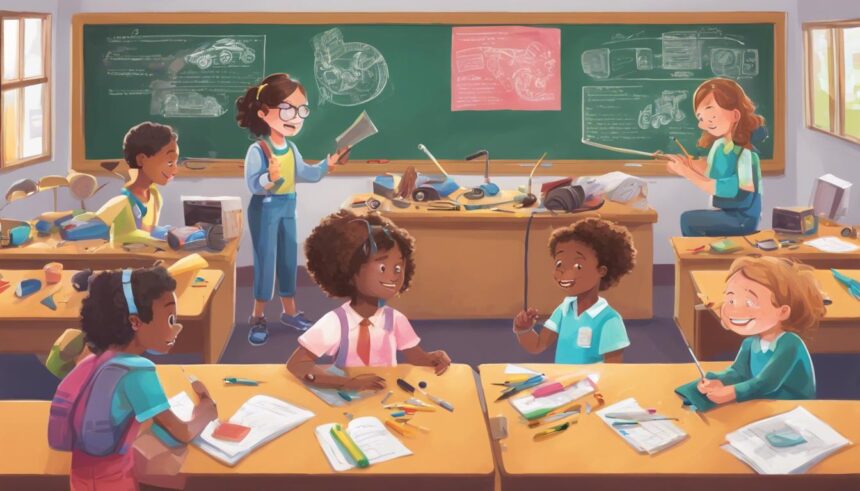A new study by Quizlet points to a significant gap in the education system, with a third of recent graduates feeling unprepared in fundamental financial and life skills. There is a pressing call for the inclusion of non-academic courses focusing on practical life competencies.
In an era where the practicalities of everyday life weigh increasingly heavy on young shoulders, a recent study by the global learning platform Quizlet has shone a light on a significant gap in the formal education system. The survey, involving recent high school and college graduates, reveals a keen appetite for the inclusion of essential life skills training within the educational curriculum.
The findings of the survey uncover a telling narrative: a third of recent graduates feel unsure or believe they lack the fundamental financial and life skills necessary to navigate the complex modern world. This sentiment is underscored by a strong desire among 68% of these individuals for education systems to emphasize non-academically focused courses to better prepare students for life beyond the classroom. This desire is particularly pronounced among public school and college attendants, where the figure rises to 71%.
Automotive maintenance emerges as a notable area of concern, with nearly 20% of respondents expressing it as their most significant competency gap. Financial planning and insurance knowledge closely follow, revealing a broader theme of uncertainty and stress surrounding financial well-being. This uncertainty is not limited to immediate financial decisions but extends into long-term financial planning and investment, areas where a majority of recent graduates express a lack of confidence.
Interestingly, the survey also highlights how recent graduates are seeking alternative means of education to fill these gaps. Social media platforms have become a key resource, with a third of respondents turning to these channels for guidance on life skills. This trend points to a broader shift in learning dynamics, where traditional educational structures are supplemented, or in some cases bypassed, by digital platforms that offer on-demand access to information.
The call for a curriculum that includes life skills such as financial planning, time management, and emotional well-being management is loud and clear. Respondents across generations, from Gen Z to Boomers, concur that such training would not only have benefitted themselves but is also crucial for succeeding in today’s fast-paced and unpredictable world. Skills like critical thinking and communication were also cited as valuable additions to the educational menu, underscoring the importance of a holistic approach to education that prepares students for the complexities of adult life.
Quizlet’s survey underlines a critical discussion point in education circles today: the need to realign educational offerings with the realities of contemporary living. As Caroline Walthall, Director of Product and Lifecycle Marketing at Quizlet, points out, the current socio-economic challenges, including a tough job market and rising living costs, necessitate a more robust preparation for young people. She emphasizes the role of education in closing these skill gaps to enhance mental well-being and confidence among young adults.
In their pursuit of knowledge and self-sufficiency, recent graduates are not passively waiting for system-wide changes. They are proactively seeking information and learning opportunities through digital platforms and personal networks. Yet, the desire to impart these essential life and financial skills to future generations remains strong, suggesting a collective acknowledgment of the importance of these competencies for the well-being and success of individuals in society.
The findings from Quizlet’s survey serve as a clarion call for educators, policymakers, and society at large to reevaluate and expand the scope of education to include essential life skills. By equipping young people with the tools and knowledge they need to navigate the real world confidently, we pave the way for a more capable, resilient, and informed future generation.





